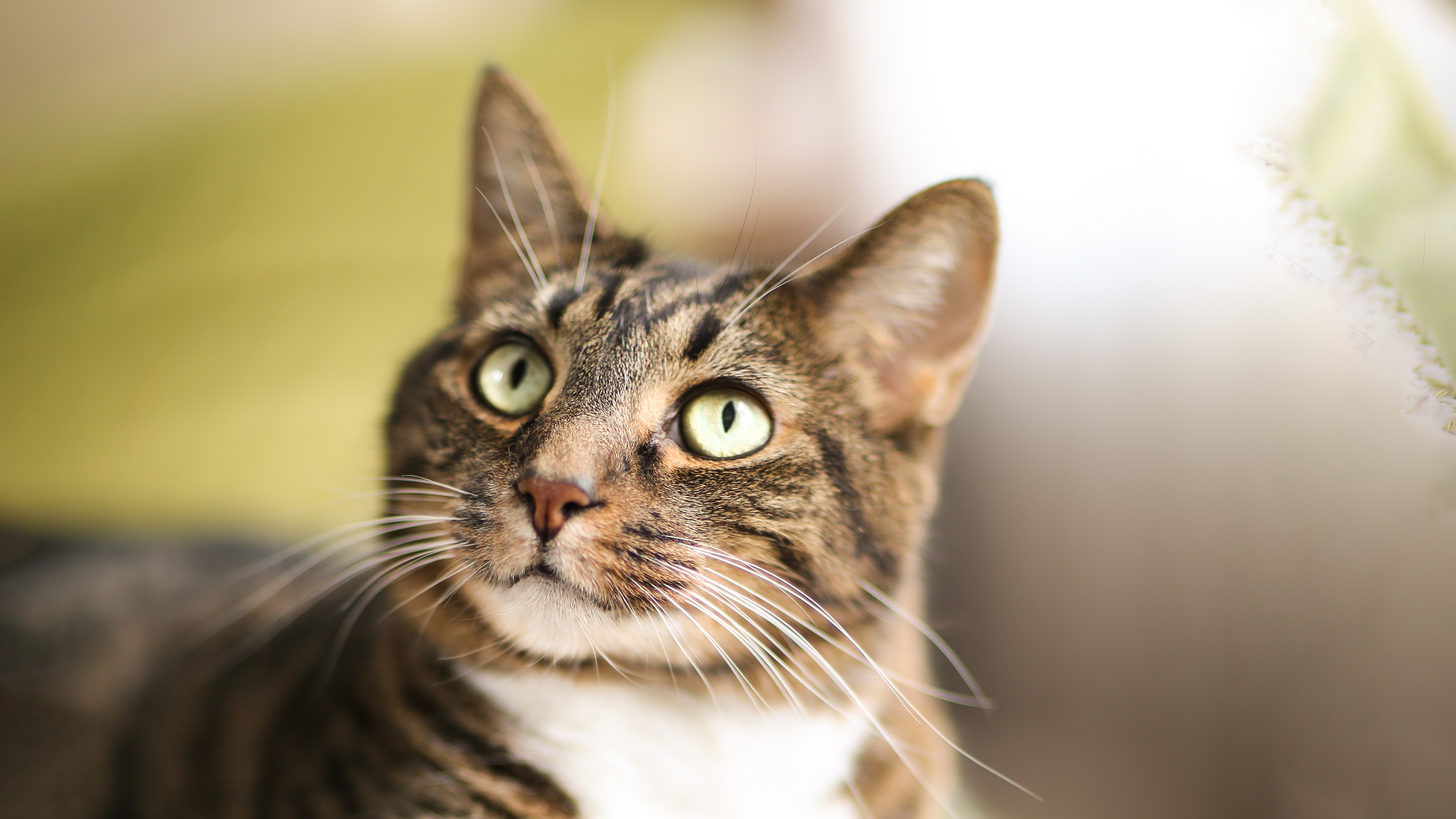
Hookworms And Your Cat
Hookworms are blood sucking intestinal worms but are very rare in cats, especially in the UK.
Hookworms have a very similar lifecycle to the toxocara roundworm, moving about the body and into the lungs to mature before re-entering the intestine.
More about heartworms
Hookworms are a small type of roundworm, and grow up to 16mm in length. Despite their small size, however, they can still cause problems in our cats, although much less frequently than in dogs. Using sharp jaws, hookworms latch on to the inside of the wall of the small intestine, and feed off blood from the small vessels there.
There are two types of hookworm which can affect cats in the UK; the more common of the two is Uncinaria stenocephala, which rarely causes any signs of infection and also rarely affects cats. The less common is Ancylostoma tubiformae, which is capable of causing more severe disease but is far less prevalent.
Differently from other types of worm, hookworms can also enter the body through the skin, although as cats are generally quite fastidious about their care this is uncommon. In these cases the larvae rarely make it deep into the body, and usually just show as skin inflammation.
Cats can pick up hookworms from several sources:
- From their mother. Hookworms can be passed from mother to kittens either via the placenta before birth, or through the milk.
- Swallowing hookworm larvae in the soil. These larvae are usually present due to faecal contamination, from other cats, dogs or from foxes.
- Through the skin, usually around the feet.
However, cats show strong resistance to hookworms and serious infection is rare.
Symptoms of intestinal infection may include:
- Diarrhoea, possibly with dark faeces
- Pale gums
- Going off food
- Tiredness
- In young kittens, a large infestation can lead to death.
Hookworms can cause intestinal signs via infection through the skin, but in:
- Swollen pads
- Itchiness
- Red spots on the skin
- Hair-loss in the area
- Skin thickening
If your cat is experiencing any of these signs then you should make an appointment with your local Companion Care practice.
Thankfully, although you can’t stop your cat being exposed to hookworms, there are lots of options for preventing an infestation developing.
- Regular worming treatments. Worming treatments usually come in the form of tablets or spot-ons, and may manage a range of parasites including hookworms. The best parasite protocol for your cat will depend on you, your cat, your lifestyle and even the season, and your vet can help you decide which regime works best for you. However you choose to manage worms in your cat, make sure to speak to a vet about the best anti-parasitics on offer, as many over the counter treatments have poor efficacy.
- Clean up after your cat quickly. This will help prevent further spread of hookworms.
- Make sure to worm pregnant or lactating females as this will help prevent the kittens from becoming infected.
- If cats are outside regularly, especially in damp climates, regularly check their paws for any signs of irritation
If you think your cat might have a hookworm infection, the best thing to do is to go to your vet. They can do a full physical examination, and check your cat over from nose to tail! If there is a risk your cat may have worms, your vet will prescribe a worming treatment suitable for your pet, which should eliminate the worms. In serious cases your vet may also need to give other supportive treatment. They can also help you plan a worm prevention plan going forward too, to make sure your cat stays protected.
If there is any doubt, your vet may recommend a faecal test. This will look for evidence of worms, such as eggs or segments, and may also look for bacteria within the faeces.
As we usually wear shoes and keep our feet dry, there is very little risk of hookworm infection in people and infection is usually seen in tropical climates with poor sanitation. If you think you may have been exposed to a hookworm, always contact your doctor for advice.
